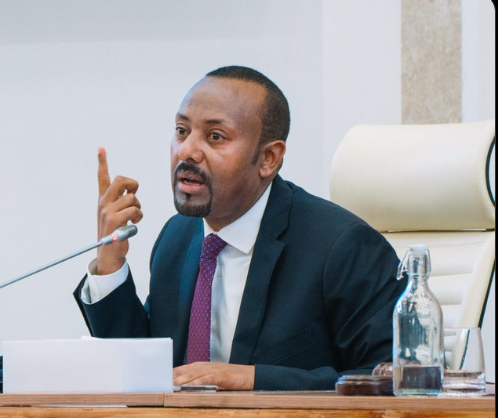Addis Ababa – Ethiopia will partially open its banking sector to foreign banks following a vote by lawmakers on Tuesday, according to local media group FanaBC.
Since taking power in 2018, Prime Minister Abiy Ahmed has been a vocal supporter of opening up the heavily state-controlled economy to competition and foreign investment.
But internal conflicts – including a devastating civil war in the northern Tigray region between 2020 and 2022 – have led to sanctions by the United States and hampered reforms.
The new banking law, passed by a majority in parliament, allows foreign banks to open subsidiaries in Ethiopia, according to FanaBC, which is close to the government.
Foreign firms will only be allowed to own 49 percent of shares, according to the Addis Standard.
“It is a big step forward, as the opening of the banking sector doesn’t only mean more foreign banks in the country, but it is also critical for attracting foreign investment in other areas,” Samson Berhane, an independent analyst, told AFP.
He said it comes alongside other reforms to the currency and retail sector that Ethiopia hopes will signal that it is open for business.
In July, it took the painful decision of allowing its currency, the birr, to float freely against the dollar.
That led to a sharp decline in the birr’s value, but the dollar peg was considered unsustainable since foreign currency reserves had reached close to zero.
A $3.4 billion aid programme from the International Monetary Fund and $1.5 billion financing plan from the World Bank were held back until Ethiopia accepted the inevitable and liberalised the currency.
Africa’s second most populous country, with some 120 million people, Ethiopia recorded high rates of economic growth – often exceeding 10 percent annually – between 2004 and 2019.
But the economy has been hit by internal conflict, and the effects of the Covid-19 pandemic and war in Ukraine.
Growth slowed to an average of 5.9 percent between 2020 and 2023, while inflation soared from 20.4 to 30.2 percent over the same period, according to the World Bank.


